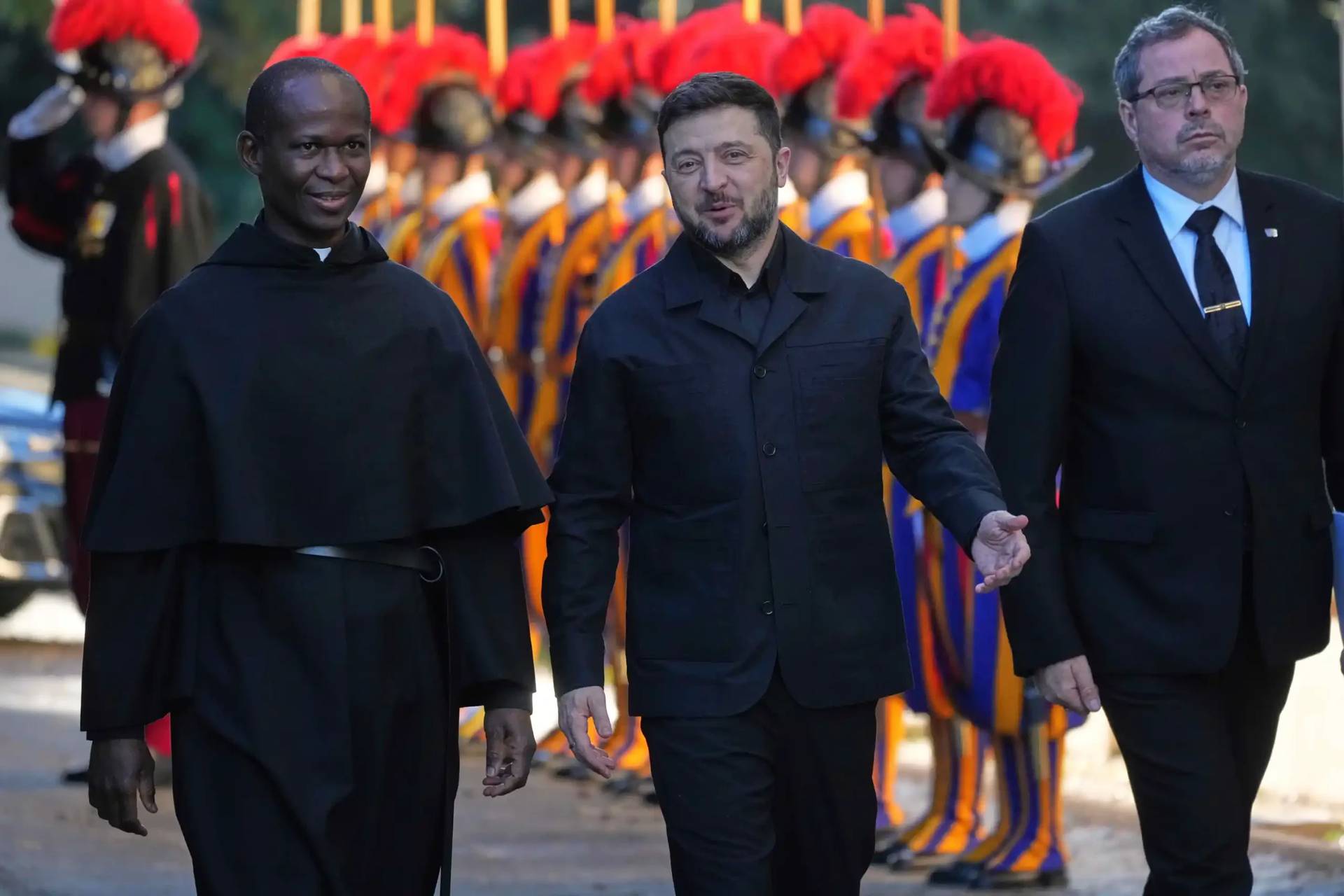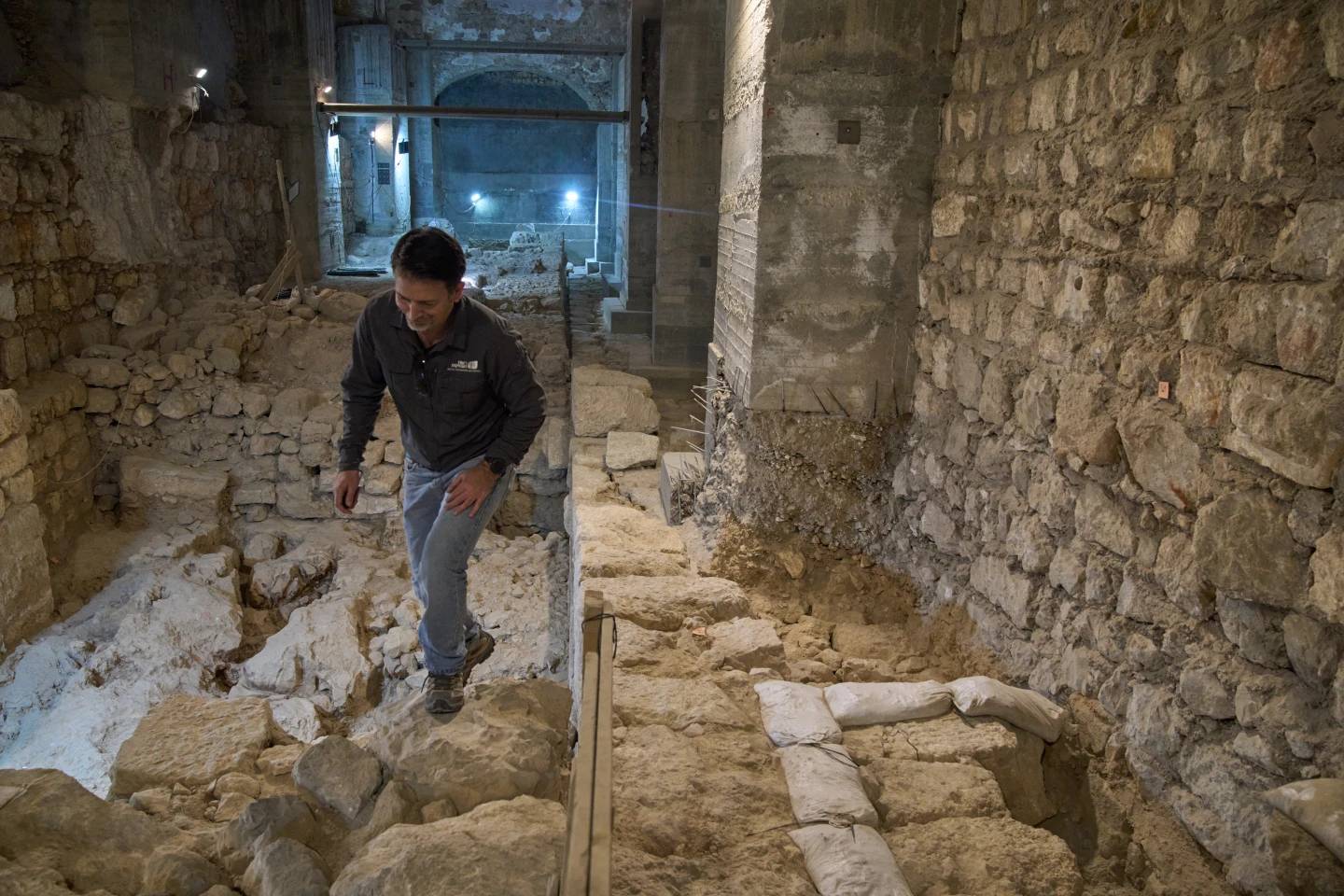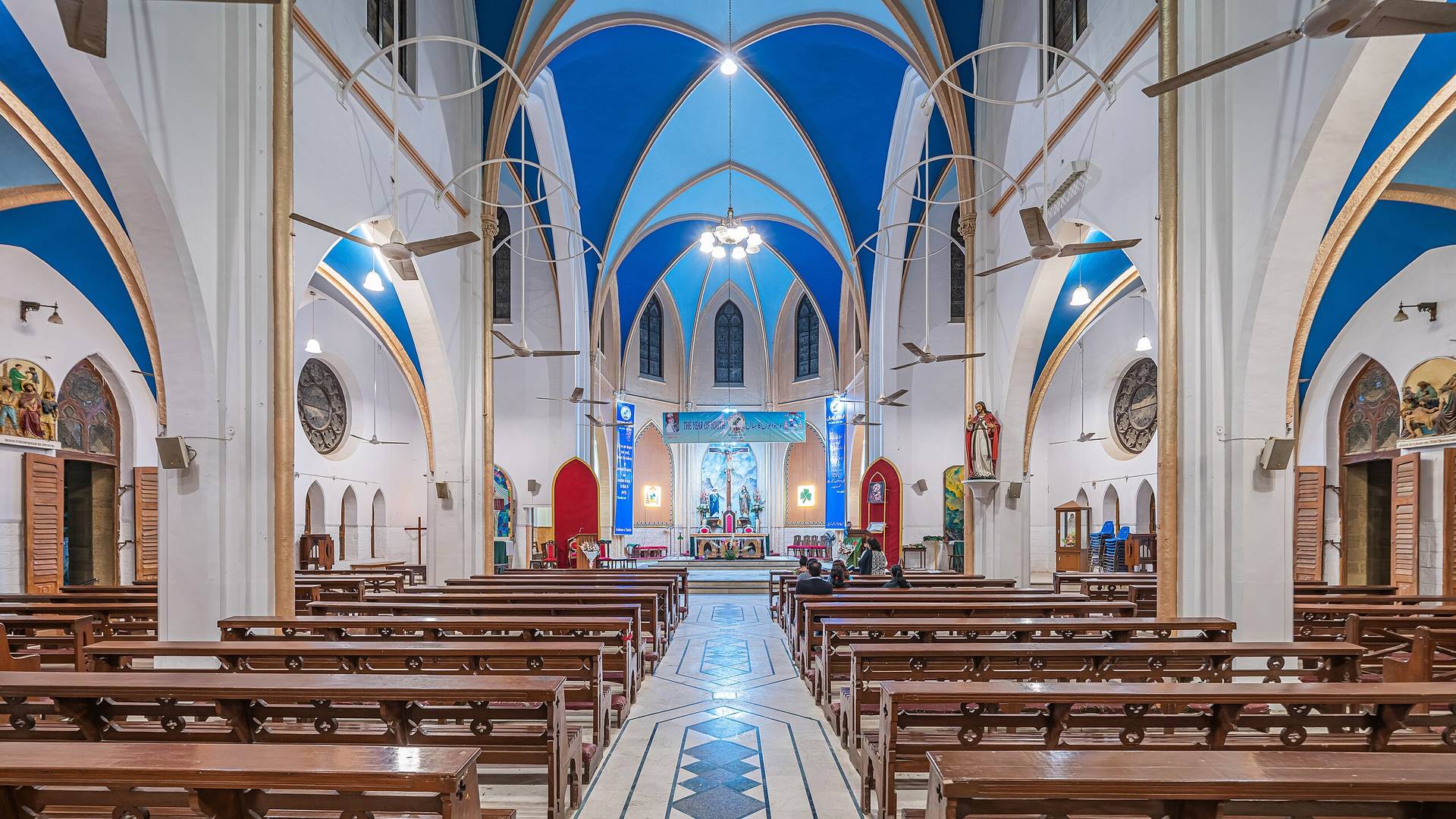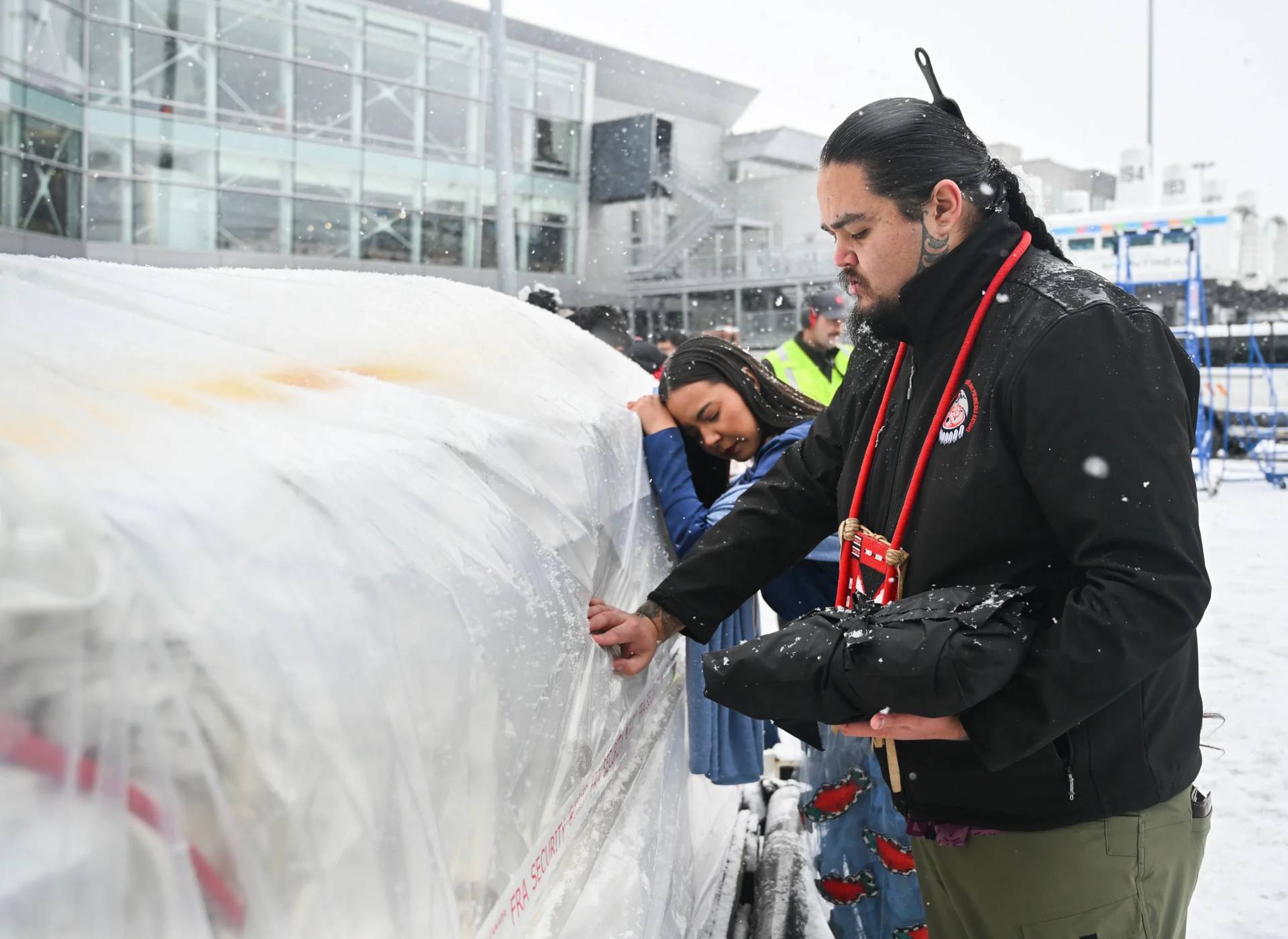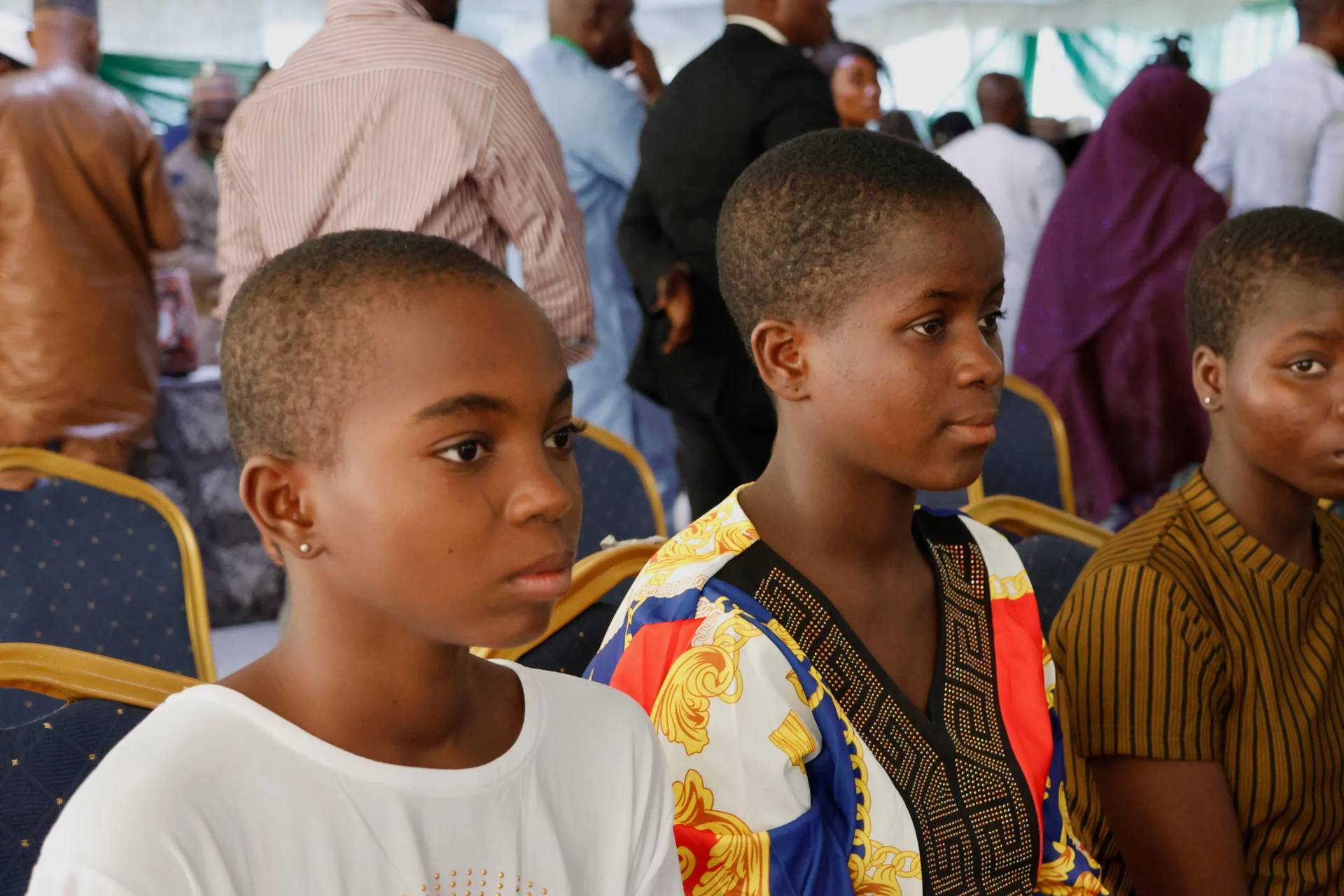MUMBAI, India – Two Catholic parishes in India were targets of “premeditated and planned” vandalism attacks on the night of Easter Sunday.
The incident took place in the Diocese of Rourkela, in Odisha state, originally known as Orissa.
One attack happened in Bihabandh village, where the parish room, adjacent to the sacristy, was burned to the ground, and a Marian shrine vandalized. The second took place in Salangabahal, where a Marian grotto near the entrance gate was broken into and the statue of Mary was stolen, and the statue of the infant Jesus was broken.
Over 93 percent of the people in Odisha are Hindu, while under 3 percent are Christians. The state’s Catholic community is predominantly made up of members of India’s Tribal community or Dalits, the former “untouchables” of the subcontinent’s former caste system.
Rourkela Bishop Kishore Kumar Kujur told Crux that “this was a premeditated and planned attack and both incidents have taken place around the same time of the night. The parishes are approximately 7-8 kilometers away from each other. This is the work of the same group, which is against the Christian community.”
In a letter to his fellow bishops in Odisha state, Kujur said the attack “clearly indicates that those involved in this barbaric incident want to disturb the peace in the area and are propagating hatred towards the Christian community.”
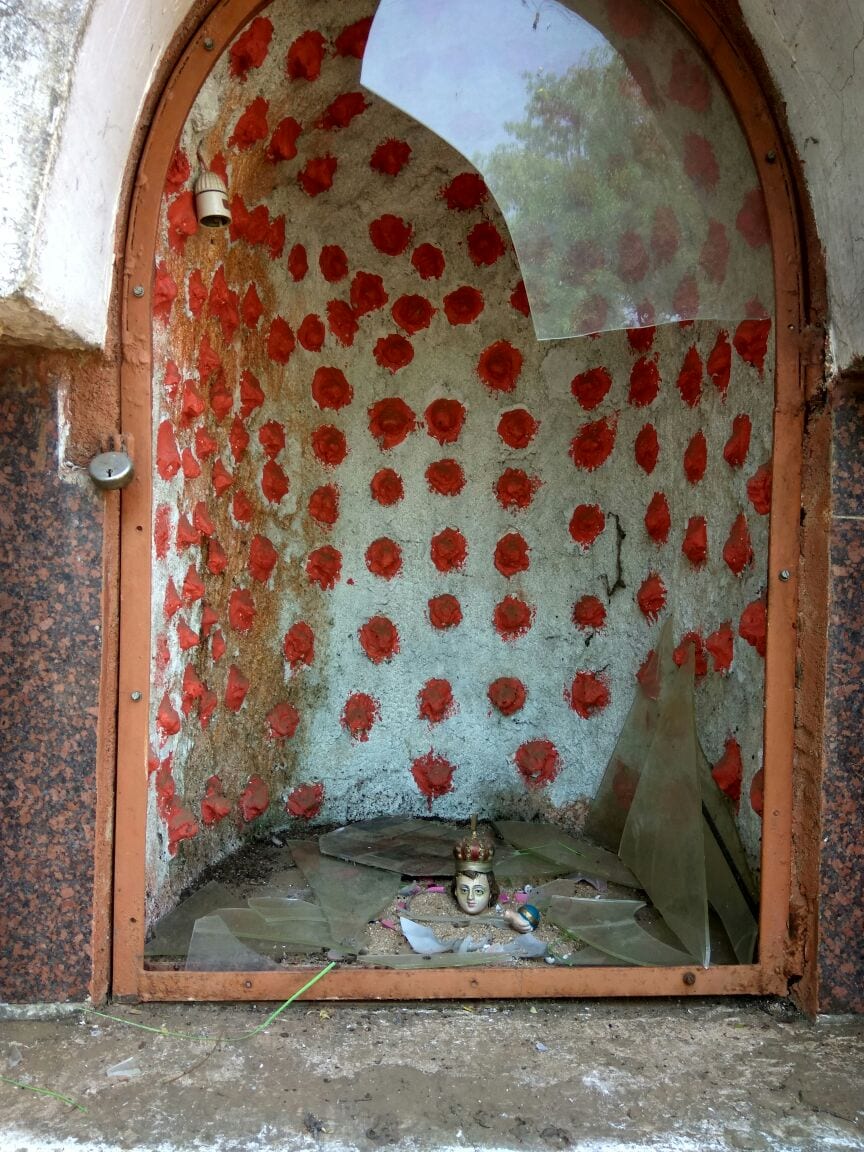
“Following Jesus’ commandment to love one another, the Christian community has been living in peace and love and involved in the acts of charity with mercy and compassion towards the people especially those unfortunate and poor who are living in the peripheries of human society,” the letter continued. “Thus, Catholic Community in Sundargarh district is committed towards education especially of the poor, care of the sick and suffering and the works of charity.”
Kujur said such attacks had never taken place before in the Diocese of Rourkela.
“The people of the different religion, culture, language in this region have been peacefully living together harmoniously for ages. We hope and believe that such vicious activity does not occur in the future,” he said.
Despite the historic peace in Rourkela, Odisha state is site of one of the worst incidents of anti-Christian violence in India’s history.
In 2008, a series of riots led by radical Hindus in Kandhamal – a district in the eastern part of the state – left roughly 100 people dead, thousands injured, 300 churches and 6,000 homes destroyed, and 50,000 people displaced, many forced to hide in nearby forests where more died of hunger and snakebites.
Speaking about the vandalism in Rourkela, Archbishop John Barwa of Cuttack-Bhubaneshwar said these kinds of attacks are “not expected in secular India, and these kind of attacks of desecration which wounds our religious sentiments should not continue.”
The archbishop noted that 2018 marks the 10th anniversary of the Kandhamal riots, and he told Crux everyone in India needs to make a concerted effort to uphold the secular nature of India.
“Religious freedom and freedom to worship must be respected and upheld and human dignity and justice must prevail, even in the smallest remote rural area of India,” Barwa said. “These kinds of incidents, only bring shame and disgrace to our country, and must never be allowed to continue.”
The archbishop said he met with Naveen Patnaik, the chief minister of Odisha, and other officials on April 3, and members of the security forces were sent to the respective parishes.
“Additionally, I have requested our people to pray for peace. We seek justice through the courts of law and through the various ways available to the Indian citizen, and we pray for peace,” Barwa said.
This emphasis in prayer was also in a letter Barwa sent Kujur after the incident assuring him of his solidarity and prayers “during this hour of pain and agony.”
“The barbaric work on such a Holy Day clearly manifests that Devil is lost and feeling disgusted as we grow in our faith and even numbers,” the archbishop wrote to the Rourkela bishop.
Speaking to Crux, Barwa said in the seven years he has been Archbishop of Cuttack-Bhubaneshwar, he has seen the faith of the people growing, despite the tribulations and trials they face.
“On Good Friday, over 15,000, people participated in the liturgical services, people of all denominations and faiths, there was ‘pin-drop’ silence in the congregation, and the devotion and solemnity were palpable,” he said. “Satan is extremely jealous, to see the faith of our people growing stronger.”






